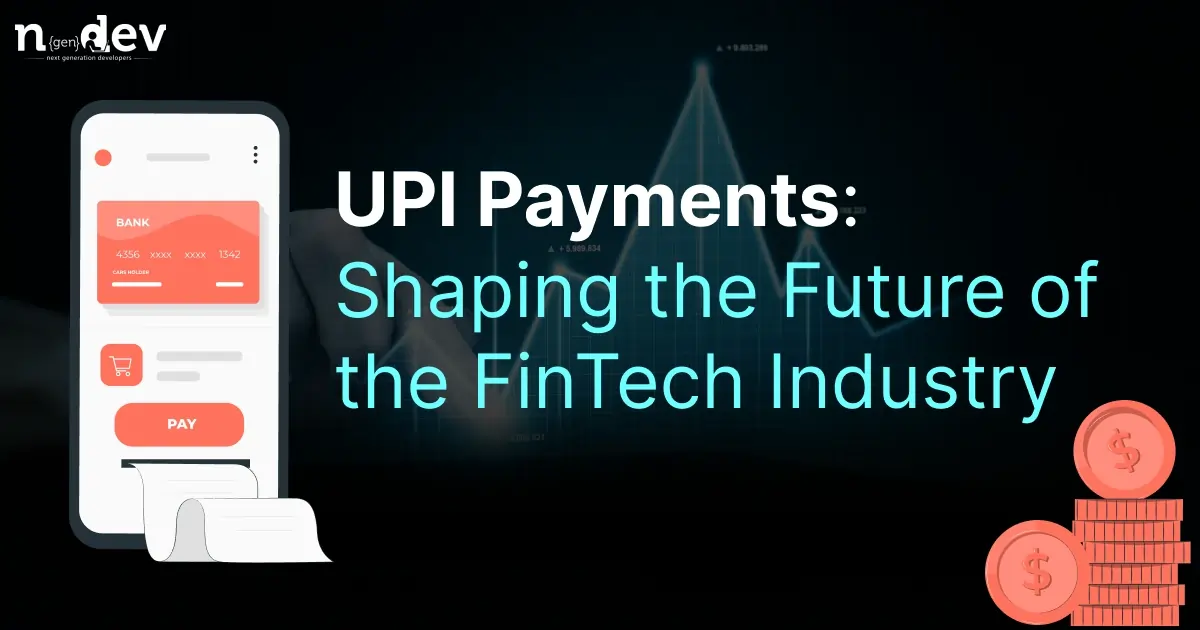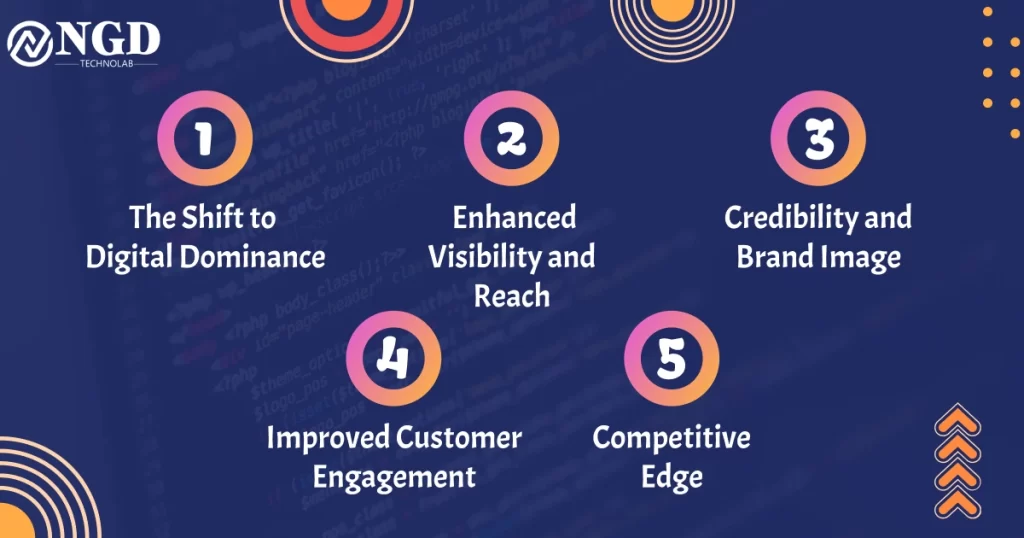UPI Payments: Shaping the Future of the FinTech Industry
-
 Prashant Padmani
Prashant Padmani

The world of finance is undergoing a seismic shift, and at the heart of this transformation lies the ubiquitous Unified Payments Interface (UPI). As the financial technology (FinTech) industry evolves at an unprecedented pace, UPI payments are emerging as a driving force behind this revolution. In this comprehensive guide, we’ll delve deep into the impact of UPI payments on the FinTech industry, exploring how this revolutionary system is shaping its future.
What is UPI?
Unified Payments Interface, or UPI, is a real-time payment system developed by the National Payments Corporation of India (NPCI). It allows seamless, instant, and secure transactions between banks using mobile phones. UPI has gained tremendous popularity for its user-friendly approach, making it accessible to millions of people.
UPI payments have revolutionized financial transactions. They provide a unified platform for various payment services, such as transferring funds, paying bills, and making online purchases. Unlike traditional banking methods, UPI allows users to send and receive money 24/7, even on holidays. This convenience has made UPI a preferred choice for individuals and businesses alike.
One of the reasons why UPI services has been adopted globally with trust. When you use UPI to pay for things, card information is not shared with merchants, meaning that even if the merchants are hacked, people using UPI payments are safe from leaking information.
Another reason why UPI payments is revolutionizing the Fintech Industry is its hassle free approach to pay and register. All that is required to validate your UPI is simply an authentication of your Aadhar card, your finger prints are scanned and your mobile phone number is verified.
UPI Payments: A Game-Changer
UPI payments have revolutionized financial transactions. They provide a unified platform for various payment services, such as transferring funds, paying bills, and making online purchases. Unlike traditional banking methods, UPI allows users to send and receive money 24/7, even on holidays. This convenience has made UPI a preferred choice for individuals and businesses alike.
The Implications for FinTech Companies
- UPI and Financial Inclusion
One of the most significant impacts of UPI payments is its role in promoting financial inclusion. UPI has opened doors for individuals who were previously underserved by traditional banking systems. It has empowered people from all walks of life to access and use financial services with ease.
- UPI's Influence on Investment Platforms
The FinTech industry is not just about payments; it also includes investment platforms. UPI payments have seamlessly integrated with these platforms, making it easier for investors to buy and sell securities. This integration has democratized investment, enabling a wider audience to participate in the financial markets.
Innovation and Competition
- Innovation in FinTech
UPI payments have sparked innovation within the FinTech sector. FinTech companies are continually developing new solutions and services that leverage the UPI infrastructure. This innovation has led to the creation of financial products that are more accessible, efficient, and tailored to the needs of users.
- Competing in the UPI-Powered Ecosystem
As UPI payments gain popularity, competition within the FinTech industry has intensified. Companies are vying to offer the best user experience, lower transaction costs, and innovative features. This competition benefits consumers as it leads to better services and more choices.
Preparing for the Future
- Leveraging UPI for Success
For FinTech companies, leveraging UPI payments is crucial for staying competitive. Those that embrace this technology can offer their customers faster and more convenient services. They can also tap into the growing user base of UPI to expand their reach.
- Risks and Challenges
While UPI presents numerous opportunities, it also comes with its share of risks and challenges. Security concerns, regulatory changes, and technical glitches are some of the potential obstacles that FinTech companies must navigate as they integrate UPI into their services.
Conclusion
In conclusion, UPI payments have emerged as a driving force in the FinTech industry, transforming the way financial transactions are conducted and democratizing access to financial services. As UPI continues to evolve and expand its reach, it opens up endless possibilities for both consumers and FinTech companies. By staying innovative, competitive, and adaptable, the FinTech sector is poised to shape the future of finance in profound ways.
Frequently Asked Questions
UPI works by linking your bank account to a mobile app, allowing you to make instant payments to anyone with a UPI ID.
Yes, UPI transactions are highly secure, utilizing encryption and two-factor authentication to protect your financial data.
Absolutely! UPI payments offer businesses a convenient and cost-effective way to receive payments and manage their finances.
The future of UPI in the FinTech industry looks promising, with continued innovation and integration into various financial services.
Get Free consultation and let us know about your custom web and Mobile App project idea

Over 14+ years of work experience, we have built 210+ web and mobile apps
We can help you with
- Dedicated Developer
- delivering high-quality development
- Custom Mobile App Development
- Innovative Solution For Startups and Enterprise
Latest Blogs
Explore the Latest Blogs on Trends and Technology.





